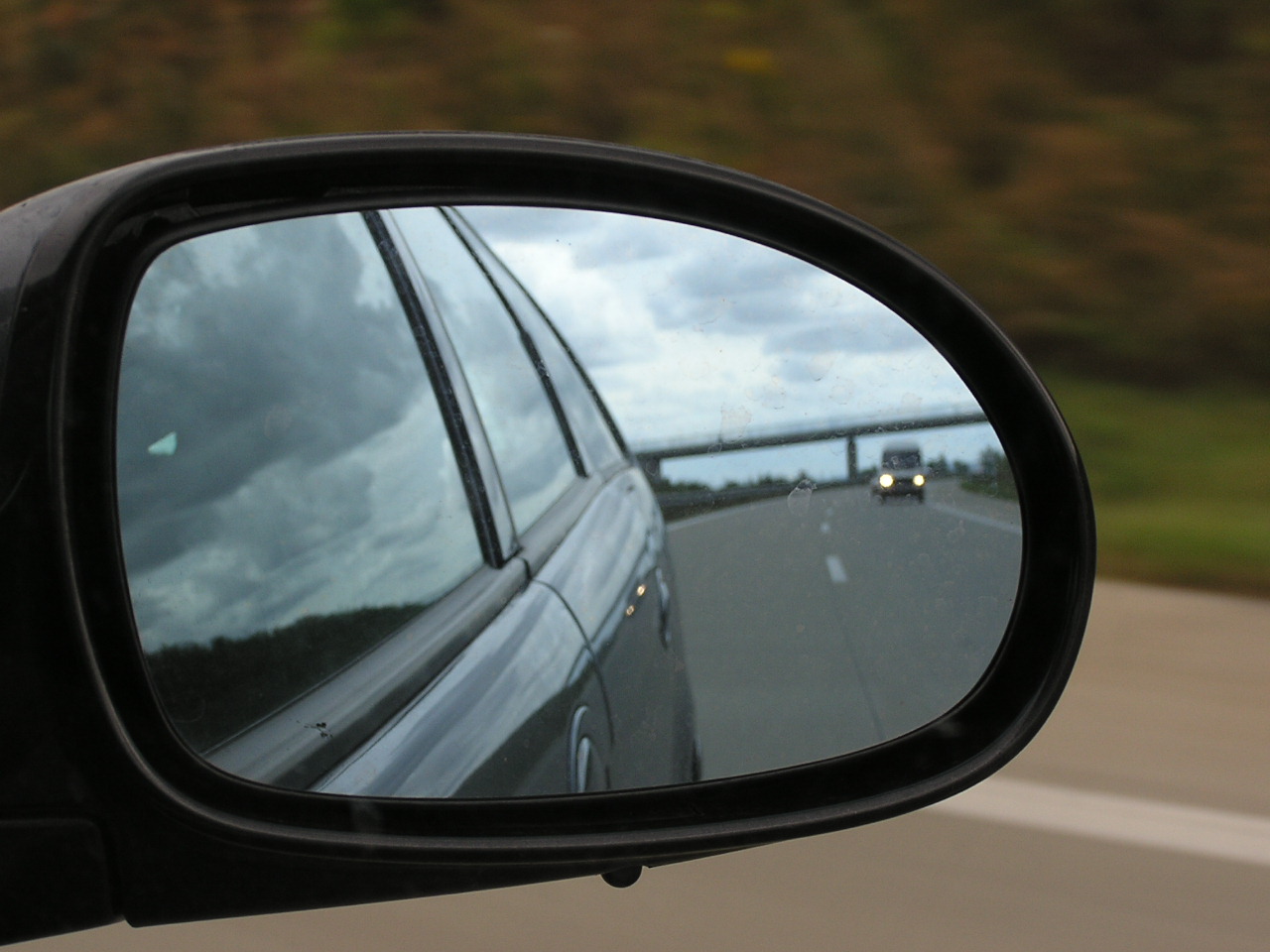Insurance
In-car tech could improve road safety

Technologies such as rear-view cameras, braking assist and adaptive cruise control could help cut hundreds of thousands of accidents on Britain’s roads.
In-built car safety aids could reduce the number of road accidents across the UK, according to Direct Line Motor Insurance.
Based on the number and type of accidents reported by drivers with and without certain in-car technologies, the insurer found that if all cars were fitted with certain safety features it could lead to a drastic fall in the number of road traffic accidents.
The insurer estimated that parking sensors alone could help reduce the number of times a vehicle is damaged while reverse parking by as much as 560,000 incidents, and could potentially reduce the number of times a car is damaged reversing around a corner by 110,000.
Rear-view cameras could also have helped prevent as many as 940,000 scrapes when reverse parking, while braking assist could have stopped more than 800,000 more serious accidents. This is around 40 per cent of the total number of reported times a driver hit the back of another vehicle.
The study, carried out among UK drivers, looked at the number of accidents drivers had experienced in their current vehicle and based its findings on the proportion of drivers with and without certain in-car safety technologies who had been involved in an incident.
Direct Line found that overall nearly a third (32 per cent) of motorists have had an accident while driving, the most common of which are hitting an object or another car while performing a manoeuvre (9 per cent), hitting an animal (8 per cent), and hitting an object while trying to reverse park (6 per cent).
On average, each accident costs £602.70 to repair, amounting to £7.6bn worth of damages across the UK in total since drivers bought their most recent car. This figure could be significantly reduced if safety tech was in every car.
However, despite this, drivers should not become overly reliant on technology. The research found that one in 10 drivers with blind spot technology installed in their vehicle hit a car because they didn’t check their blind spot, compared to just one in 20 that didn’t have the technology.
Therefore, it is fundamental that drivers do not use in-car technology to replace basic safety techniques such as looking over your shoulder before changing lane and checking your mirrors regularly.
Steve Barrett, head of motor insurance at Direct Line, said: “It is clear that safety-based technology in cars has come a long way in the last 10 years. However, it is still vitally important that drivers still use all the skills they are taught when learning to drive. While technologies such as parking sensors, lane assist and automatic emergency braking are becoming increasingly commonplace, there should be no replacement for checking your blind spots and generally being cautious and alert while on the roads. Ultimately, it’s the way you drive that reduces your chances of being in an accident.”